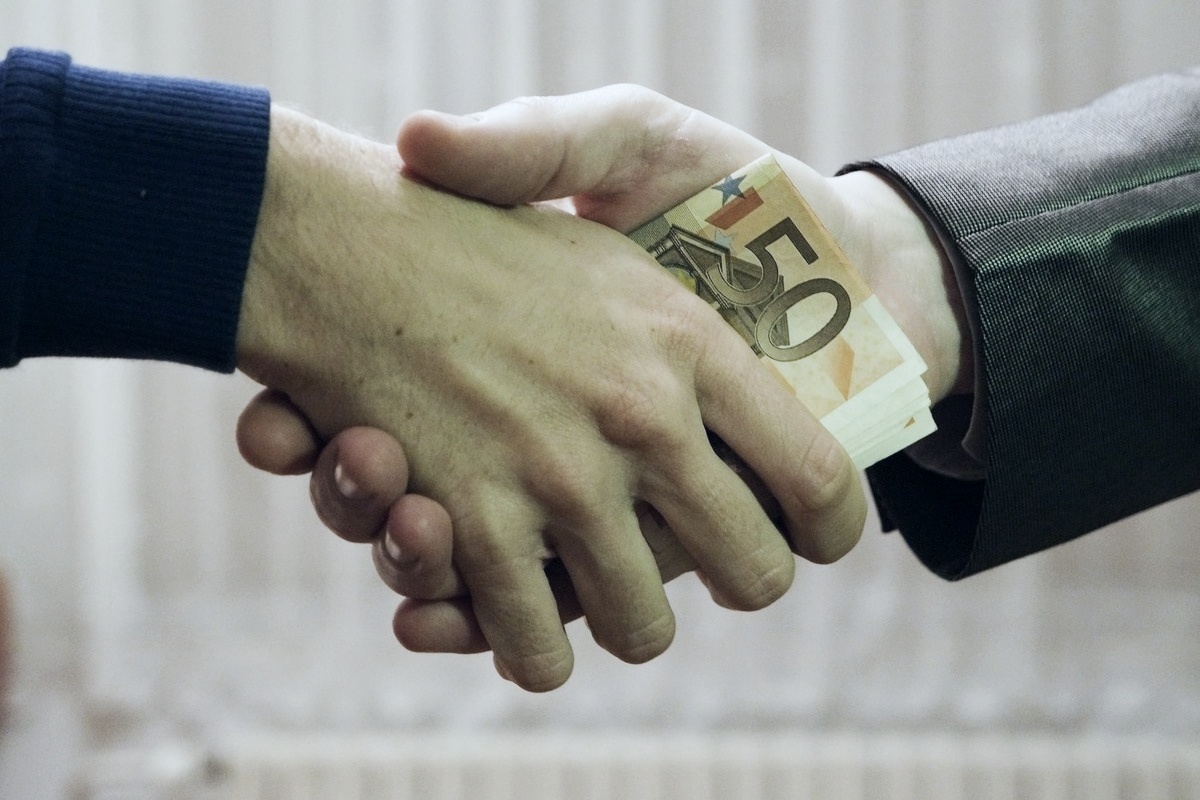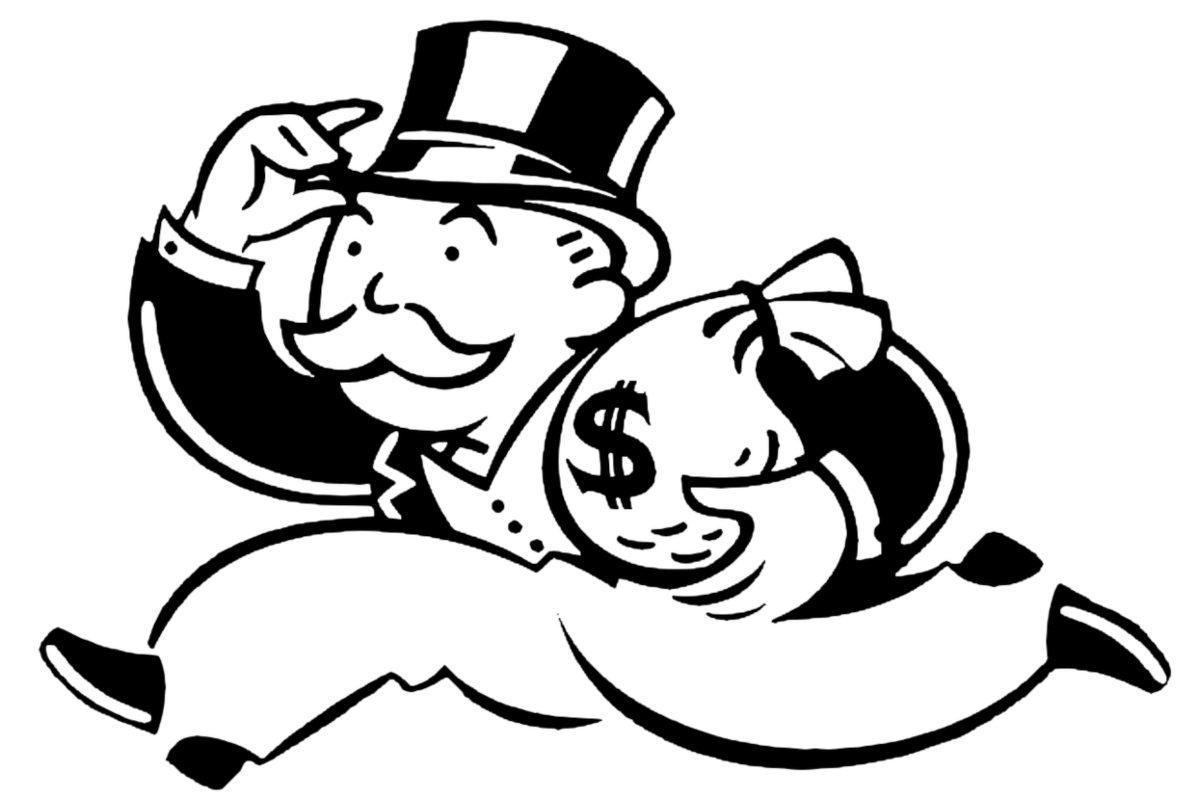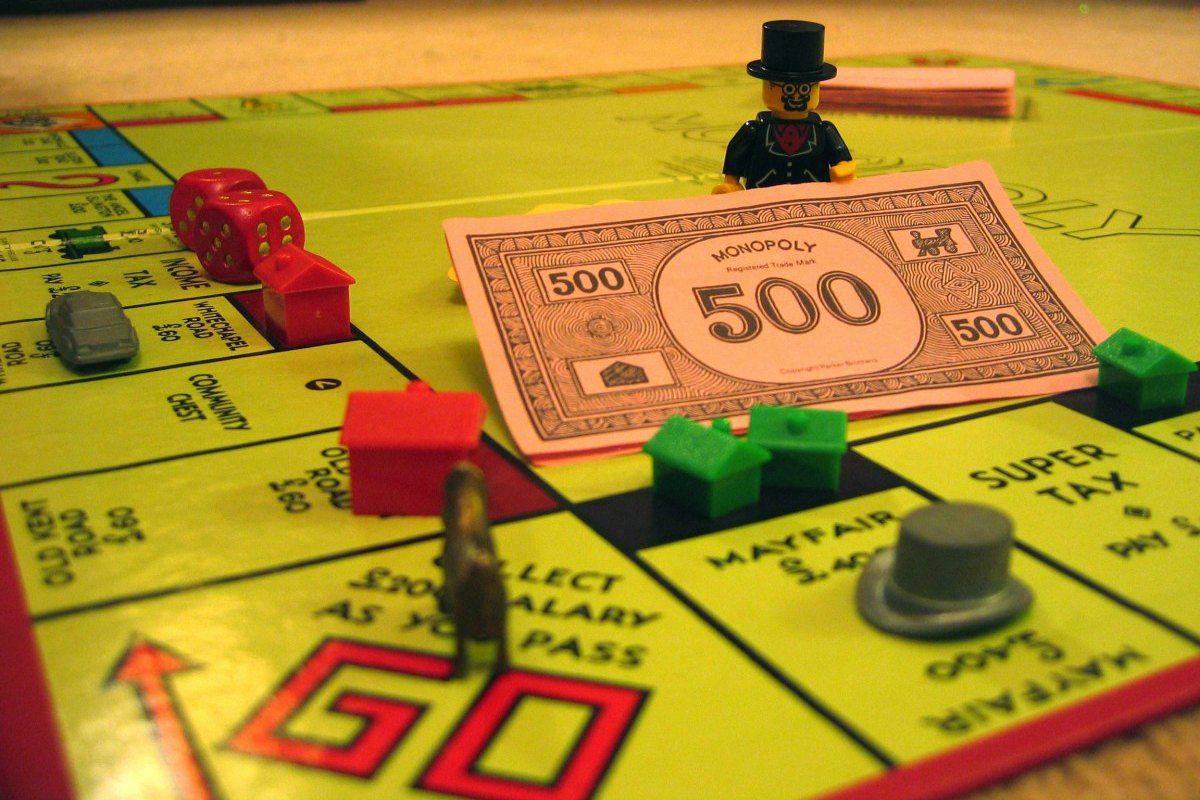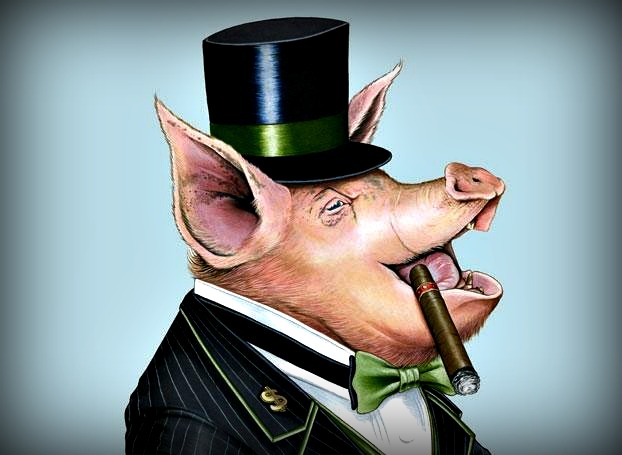A new book by Oliver Bullough lifts the lid on the murky world of the super-rich elite and the dodgy practices they undertake in order to hide their ill-gotten gains. This is the true, ugly face of capitalism.
The majority live in a world today where we are taxed for every penny, charged for everything, however petty, hit hard if we break laws, however small, and prevented from crossing any borders unless the bosses want us to. Generally, the poorer you are, the more you are hit.
But the rich live in a different world. They avoid taxes and charges, avoid the law (at worst they can expect nothing more than a slap on the wrist should they ever get caught), and can cross any borders they like. The richer you are, the more this applies.
This is what author Oliver Bullough calls living in Moneyland. It is another word for capitalism, 21st century style.
Bullough emphasise on the more dodgy suspects who inhabit Moneyland – the crooked politicians and bankers. But it becomes clear that finance capital as a whole resides here to a lesser or (increasingly) greater extent. In fact, the more ‘respectable’ they look, the more corrupt they generally are.
Out of sight
 The book starts by outlining how Moneyland came into existence. This was a consequence of the Bretton Woods agreement, which imposed extensive restrictions on banking and trade. In response, offshore accounting mushroomed. This meant that the rich’s wealth could exist in one place but legally be in another.
The book starts by outlining how Moneyland came into existence. This was a consequence of the Bretton Woods agreement, which imposed extensive restrictions on banking and trade. In response, offshore accounting mushroomed. This meant that the rich’s wealth could exist in one place but legally be in another.
The first way that this operated was the use of bearer bonds – funded by secretive Swiss bank accounts and completely anonymous. These eurobonds, as they became known, could enable taxes and prying eyes to be avoided, for a fixed fee.
Bonds could be shifted around the world without anyone knowing who had funded them. As such, they became particularly popular with people who had cash but did not want people to know that.
In the past they had hidden funds away in Swiss bank accounts. But the wealthy elite knew that spending any of it could attract unwelcome attention. Now they had a way round it, as did the companies which bought the bonds funded by these accounts.
Interestingly, British financial institutions were more than complicit in all this – a trend that has continued to this day.
Out of this simple device of tax and scrutiny avoidance grew a whole financial system aimed at further benefiting the rich at the expense of the rest of us. Over coming decades, scams sprouted left, right, and centre. These included the use of company ‘accommodation addresses’, with one setup in Harley Street, London providing an official location for several thousand companies.
Elsewhere, shell companies were created within shell companies. And a myriad of other tricks were employed, aimed at making any financial investigations very difficult. No wonder offshore companies own so many empty luxury buildings in London.
Friends in high places
 The occupants of Moneyland also discovered that they could make use of friendly governments to create tax havens where no international jurisdiction existed and where any requests for information would be politely rejected.
The occupants of Moneyland also discovered that they could make use of friendly governments to create tax havens where no international jurisdiction existed and where any requests for information would be politely rejected.
So it came to be that the tiny island of Nevis, with a population of 10,000, now has over 16,000 companies registered there, safe from examination. Other suitable boltholes include Liechtenstein, the Cook Islands and, of course, Jersey.
Such friendly arrangements have other benefits. These include the option of second or third passports (for a fee), should a wealthy operator suddenly need to get out in a hurry. Indeed, the more money you waive around, the easier it is to get a passport or some form of residency.
Some have even paid to become diplomats, giving them the ultimate protection of immunity from charge. Others have got by with the lesser protection of being ‘elected’ to various parliaments to get a degree of protection from the not-so-long arm of the law.
Playground for the rich
 Who is involved in all this? The worst offenders are the capitalist oligarchs of the former Soviet bloc. Assorted African and Latin American capitalists come a close second. Most of Russia’s financial wealth lurks in offshore accounts, spread around the world – hence the huge number of oligarchs listed as being based in London.
Who is involved in all this? The worst offenders are the capitalist oligarchs of the former Soviet bloc. Assorted African and Latin American capitalists come a close second. Most of Russia’s financial wealth lurks in offshore accounts, spread around the world – hence the huge number of oligarchs listed as being based in London.
However, finance capital worldwide has followed on, with the US now catching up. It is believed that 8% of the world’s financial wealth is now hidden in tax havens – a massive $7.6 trillion. This figure may be much higher, possibly between $21 to $32 trillion. This does not include physical assets such as works of art, super-yachts, etc., which add at least another $2 trillion to the figure.
Does any of this matter? After all, they are just making money, albeit in a rather dubious way. Fine, until you ask where much of this ‘grey’ money comes from: dodgy financial deals; bribes; and money stolen from the state and syphoned off in a hundred different ways.
As a result, the countries with the highest offshore usage are also those with the worst social infrastructure. In Ukraine, the whole health system was turned into a money-making scam for managers and senior doctors, right up to the top of the government. This money was hidden away behind an array of shell companies and offshore accounts, protected by a web of corruption.
The ugly face of capitalism
 In exposing the rotten face of finance capital – which, as Marx predicted, now dominates capitalism as a whole – the book’s author is unable to come up with a working solution. After all, within the confines of capitalism, there is no real solution. Far from shutting down tax havens, the big business governments across the world want in on the action.
In exposing the rotten face of finance capital – which, as Marx predicted, now dominates capitalism as a whole – the book’s author is unable to come up with a working solution. After all, within the confines of capitalism, there is no real solution. Far from shutting down tax havens, the big business governments across the world want in on the action.
This blatant avoidance is just one of the worst aspects of a system that is rotten to the core. Moneyland is not an aberration, but the truest expression of how capital and capitalism works. It is the essence of capitalist globalisation. The only cure is socialism.






